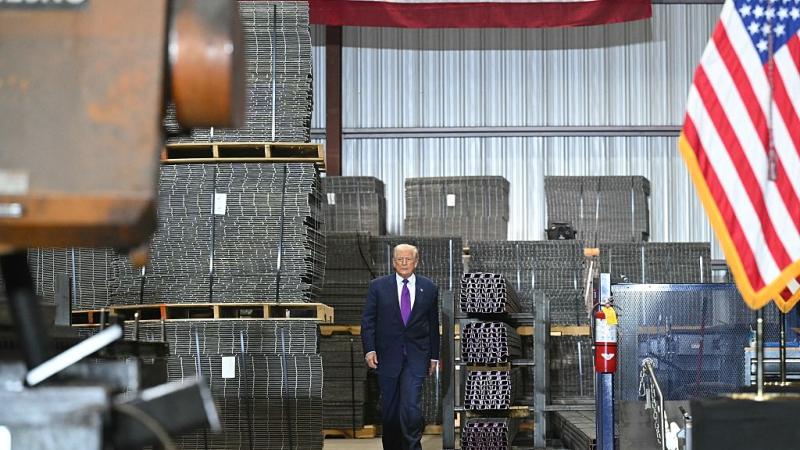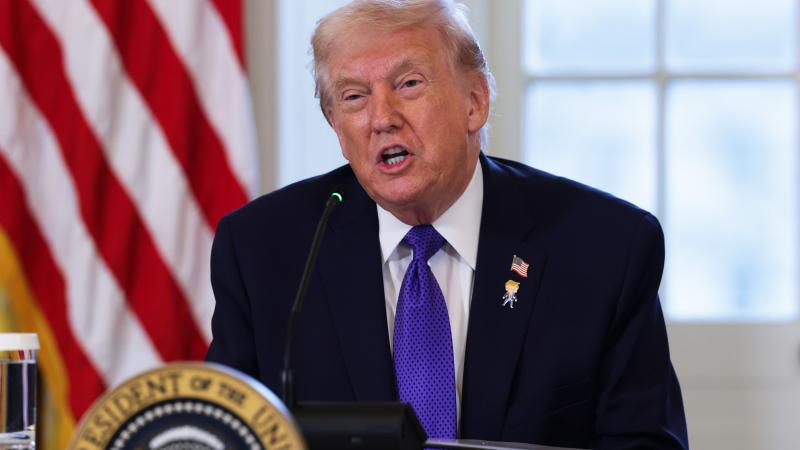Censor in chief? Obama says content moderation doesn't go 'far enough’ to stop disinformation
"But while content moderation can limit the distribution of clearly dangerous content, it doesn’t go far enough," Obama said.
Speaking at Stanford University on Thursday, former President Barack Obama discussed the role of social media in the public discourse and asserted the need for companies to play a greater role in regulating the content on their platforms.
"I’m convinced that right now one of the biggest impediments to doing all of this, indeed, of the biggest reasons for democracies weakening is the profound change that’s taking place in how we communicate and consume information," Obama said.
The former president began by lamenting the business model of social media companies, insisting that such firms profited off of "inflammatory, polarizing content" because of its alleged ability to attract engagement. "It’s that in the competition between truth and falsehood, cooperation and conflict, the very design of these platforms seems to be tilting us in the wrong direction."
He went on to assert that an unfiltered flow of information interwoven with disinformation could blur the line between them for many Americans. "All we see is a constant feed of content where useful factual information and happy diversions, and cat videos, flow alongside lies, conspiracy theories, junk science, quackery, White supremacist, racist tracts, misogynist screeds. And over time, we lose our capacity to distinguish between fact, opinion and wholesale fiction. Or maybe we just stop caring," Obama said, before offering vaccine hesitancy as an example.
"People are dying because of misinformation," he bemoaned.
Obama prefaced his proposed solutions to online disinformation by calling himself a "First Amendment absolutist," adding he believes "in most instances the answer to bad speech is good speech." He nonetheless asserted that the First Amendment "doesn’t apply to private companies like Facebook or Twitter, any more than it applies to editorial decisions made by The New York Times or Fox News" and that such companies had the authority to regulate their content.
"But while content moderation can limit the distribution of clearly dangerous content, it doesn’t go far enough," the former president insisted, adding that those pushing disinformation have learned to push the limits of a company's moderation guidelines.
Obama then demanded greater transparency from Big Tech firms on their standards and their means of spreading viral content. "Beyond that, tech companies need to be more transparent about how they operate. So much of the conversation around disinformation is focused on what people post. The bigger issue is what content these platforms promote," he said.
The 44th commander-in-chief concluded that portion of the speech with an appeal to media consumers to broaden their perspectives through reading material with which they disagree, insisting it would help reduce the demand for inflammatory content and ultimately help to combat polarization in the country.
"[O]ur opinions aren’t fixed, and that means our divisions aren’t fixed either if we can agree on some common baseline effects and agree on some common baseline of how we debate and sort out our disagreements," Obama said.
















